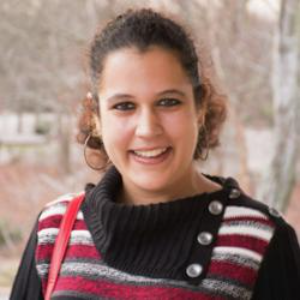Abstract:
The adoption of healthful lifestyles by families can result in a reduction of obesity. Pediatricians should use a longitudinal, developmentally appropriate life-course approach to help identify children early on the path to obesity and base prevention efforts on families. The obesity prevention has to be emphasized in every phase of development beginning from prenatal, preschool, school age right till adolescence. Pediatricians should identify children at risk of developing obesity. For children aged 2 years and older, BMI changes should be monitored at every health care visit. Maternal smoking during pregnancy is a risk factor for early childhood obesity. So pediatricians should promote smoking cessation for mothers. Parents should also be educated that during the preschool years, a new food may need to be offered as often as 15 to 20 times before it is accepted and that they should not conclude too rapidly that the child does not like a food. In the first 2 years of life, overly controlling feeding practices should be discouraged. Adolescents should be screened for eating disorders. Motivational interviewing is a technique that has shown promising results for obesity prevention. Most behavior-modification techniques also involve self-monitoring, To successfully implement self-monitoring, families should be instructed to partner with their children on maintaining a diary of food, physical activity, and/or sedentary activities on a daily basis, The obesity-treatment literature emphasizes that family-based interventions are more effective. Parents and other family members should be strongly encouraged to implement the same changes as the child and model healthier behaviors as a family. Pediatricians should promote a diet free of sugar-sweetened beverages, of fewer foods with high caloric density, and of increased intake of fruits and vegetables. It is also important to promote a lifestyle with reduced sedentary behavior and with 60 minutes of daily moderate to vigorous physical activity All forms of sedentary entertainment, should be excluded for infants and children up to 2 years of age and limited to 2 hours per day for children 2 years and older. School lunches and breakfasts remains heterogeneous among school districts. Therefore, families should be encouraged to review school menus and provide alternatives if healthy choices at school are lacking. Children who received less than 9 hours of sleep have 1.5 times the risk of being obese. Pediatricians should identify sleep issues and help parents to improve sleep patterns. The pediatrician’s advocacy within the community can be an important adjunct informing families about farmers’ markets or local grocery stores that have a good supply of frozen or canned vegetables and fruits. Pediatricians should also become familiar with federal food assistance programs. Educate the family If local restaurants offer healthier take-out options. Providers may want to help families find local opportunities that are safe and sustainable, such as sports clubs, parks with walking or bicycle trails, or playgrounds. Pediatricians should play an important role in obesity prevention because they are in a unique position to partner with families and patients and to influence key components of the broader strategy of developing community support.




